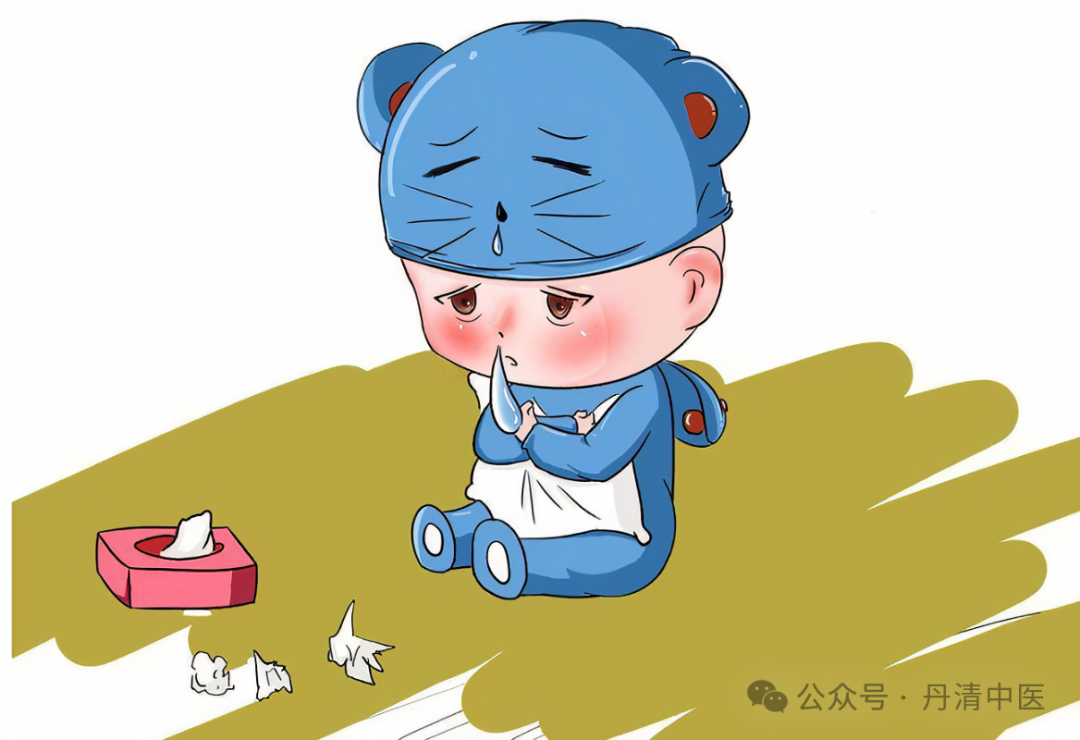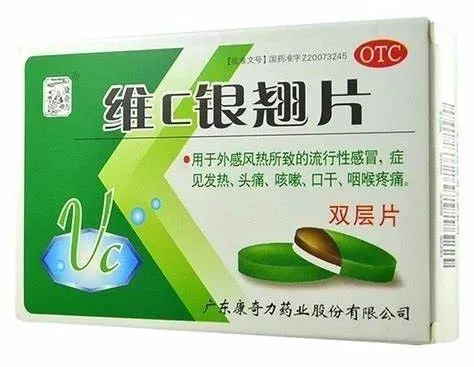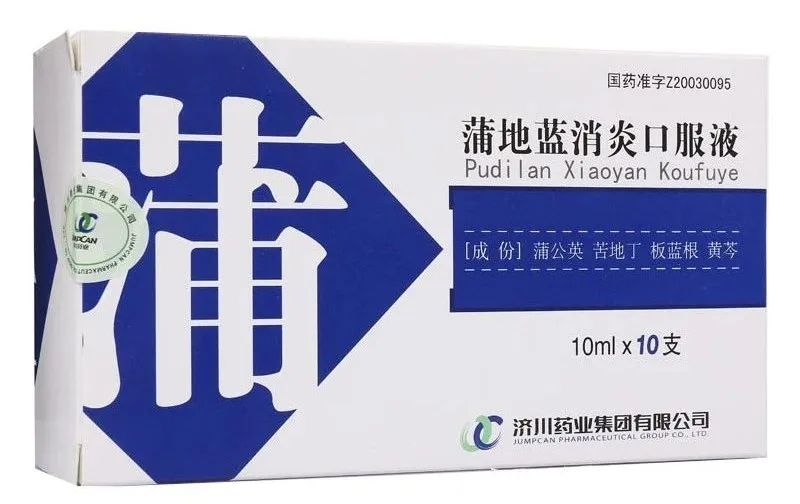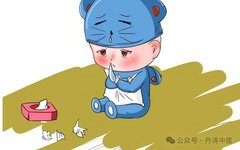This year, there has been a lot of rain in various regions, and when it rains, it lasts for a long time. Therefore, this year’s colds have a characteristic of being accompanied by a heavy presence of dampness along with external pathogens. For example, previously, a cough was just a cough, but this year’s cough feels particularly uncomfortable in the throat, as if phlegm is constantly stuck in the throat; furthermore, many people suffering from rheumatic leg pain find that their leg pain significantly decreases in summer, but this year, not only does it not decrease, but they also feel their legs are particularly heavy as if filled with lead, which is a manifestation of excessive dampness in the muscles and skin.
Therefore, when prescribing for patients this year, I often increase the dosage of herbs such as Tu Fu Ling (Smilax glabra), Cao Guo (Tsaoko fruit), Cao Dou Kou (Cardamom), Yi Yi Ren (Job’s tears), and Mu Xiang (Aucklandia) to combat the dampness; otherwise, the dampness lingers, and the external pathogens will repeatedly cause illness, making it difficult to recover.
Another topic I want to emphasize is do not assume that a cold in the hot summer is simply a ‘wind-heat cold’. Many people make incorrect judgments and misuse medications, and there are countless examples of this. A significant portion of individuals, after catching a cold, do not first consult a doctor but instead rush to the pharmacy, not knowing what medicine to buy, and are misled by some unprofessional sales staff into purchasing and taking the wrong medication, leading to a delay in their condition.
You must understand that although pharmacy staff wear white coats, they are all ‘sales personnel’ rather than ‘medical personnel’; their primary concern is the sales volume of medications and personal performance, not recommending the correct medicine for you. Therefore, do not buy medications randomly, and do not easily trust the words of pharmacy staff.

As for many people who cannot distinguish between wind-cold and wind-heat colds, I will clarify today that many conditions that appear to be wind-heat colds are actually caused by wind-cold colds that later develop into ‘wind-cold heat transformation syndrome’ due to delayed or incorrect treatment. Therefore, in my clinical experience, wind-heat colds only exist in textbooks; I have never encountered them in practice. Moreover, in Zhang Zhongjing’s writings, there are only terms for wind warmth and warm diseases, with no mention of ‘wind-heat cold.’
When judging symptoms, you only need to focus on two aspects: one aspect is whether the patient experiences shivering and says ‘I feel so cold’ in the middle of summer; the other aspect is whether the patient feels ‘thirsty and wants to drink cold water’ after becoming ill.
Shivering and saying ‘I feel so cold’ in the middle of summer is a typical symptom of summer wind-cold colds; many people do not understand and ask me why one can catch a wind-cold in the hot summer. I respond that while nature does not easily allow you to catch a wind-cold in summer, air conditioning and fans certainly can. This is particularly true in an era of excessive air conditioning, so there are many people who catch ‘frozen colds’ in summer. Therefore, the use of traditional Chinese medicines for treating wind-cold colds, such as Gan Mao Ke Li (Cold Medicine Granules), Ge Gen Tang (Kudzu Decoction), and Gan Mao Qing Re Ke Li (Cold and Heat Clearing Granules), is very common in summer.
On the contrary, if the patient has a headache and cough while saying ‘I feel hot, thirsty, and want to drink cold water,’ this indicates ‘wind-cold heat transformation syndrome’ or ‘wind warmth,’ where the pathogenic heat has penetrated from the surface into the interior. In this case, the treatment should not solely rely on warming and dispersing herbs but should also include cooling and heat-clearing herbs such as Yin Chai Hu (Bupleurum), Dan Dou Chi (Fermented Soybean), Niu Bang Zi (Burdock Seed), Sheng Shi Gao (Gypsum), and Ge Gen (Kudzu) to clear heat and reduce fever.
Given that non-medical professionals find it difficult to clearly distinguish between cold and heat symptoms, I will specifically highlight several commonly misused wind-heat cold medications.
Yin Qiao Pian (Yin Qiao Tablets) is a medication with a high rate of misuse; many people take it when they experience fever, headache, and sore throat. However, the key point for using Yin Qiao Pian is that it should only be used when there are all four symptoms of redness, heat, swelling, and pain in the throat or a specific body part. Those who take Yin Qiao Pian at the slightest redness in the throat are simply amateurs.

Xiao Er Chi Qiao Qing Re Ke Li (Children’s Chi Qiao Heat Clearing Granules) is also a medication for treating wind-heat colds, but its more important function is to “clear internal heat,” which means it should only be used when the child has symptoms of headache, irritability, fever, abdominal distension not liking to be pressed, constipation for several days, thirst, and a desire to drink cold water. If a doctor prescribes these granules at the first sign of fever, they are undoubtedly a quack.

Lan Qin Kou Fu Ye (Lianhua Qingwen Oral Liquid), Pu Di Lan Xiao Yan Pian (Pudilan Anti-Inflammatory Tablets), and Ban Lan Gen Ke Li (Isatis Root Granules) are three medications with a particularly high rate of misuse. However, you must know that these three are typical heat-clearing and detoxifying medications, and they should only be used when there are simultaneous symptoms of redness, heat, swelling, and pain in the throat or a specific body part. Moreover, their usage instructions have never stated that they can treat wind-cold or wind-heat colds, nor do they mention anything about preventing colds. Doctors who prescribe them indiscriminately are undoubtedly quacks.
————————–
Due to my busy clinical practice, I do not accept online consultations, nor can I update my public account daily or check messages one by one. Please refer to previous articles when you have questions; I have shared real clinical experiences and methods for using traditional Chinese medicines for various typical symptoms of diseases at different times, all sourced from clinical practice.

—————————
Dan Qing Traditional Chinese Medicine, surname Hu, given name is not Dan Qing;
From Shiyan City, Hubei Province;
A grassroots TCM practitioner at Hubei Qingda Guoyi Hall;
Not particularly good-tempered;
No title, no credentials, no mentorship, no high education;
Can only muddle through in clinical practice, relying entirely on Zhang Zhongjing’s book on treating colds.

